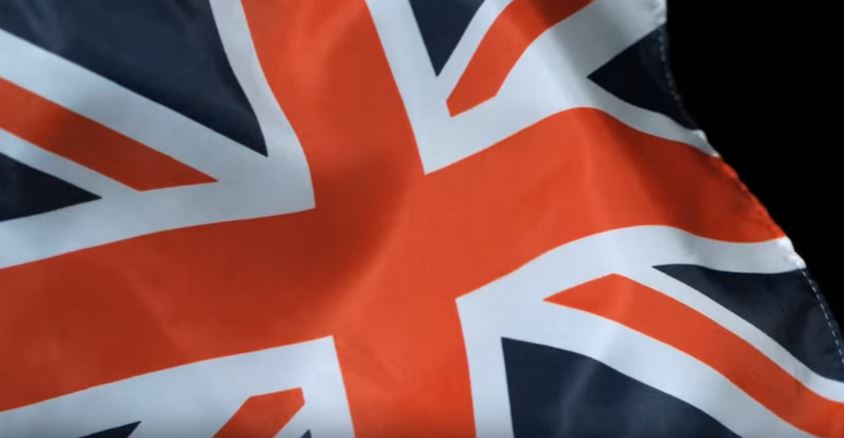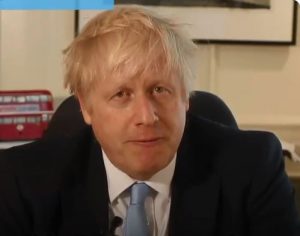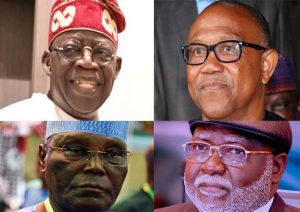
The Guardian, UK: David Davis’s negotiating team is demanding legal clarification from Brussels officials over its demands that the UK pay a substantial financial settlement as part of the process of quitting the European Union.
A senior government source said British negotiators have peppered EU officials with queries about the legal principles Brussels believes should be used to calculate the final exit bill.
Davis’s team have been stung by suggestions the government should have published a paper setting out its own position on the withdrawal bill – pointing out that the commission has not yet produced a paper on the border in Northern Ireland, while Britain has done so.
The Brexit secretary is determined not to table a figure for the price the government is willing to pay to settle Britain’s obligations as it leaves the EU – believing that putting a figure on it would be a poor negotiating tactic.
As the third round of Brexit talks began in Brussels on Tuesday, Jean-Claude Juncker, the European commission president, underlined the sense that the two sides remain a long way apart, criticising the string of Britain’s Brexit position papers that were released over August.
“I did read all the papers produced by Her Majesty’s government and none of them are actually satisfactory,” Juncker told an audience of EU ambassadors. He also rejected the idea, repeatedly proposed by the UK government, that talks on a future trade deal begin now.
“We need to be crystal clear that we will commence no negotiations on the new relationship – particularly a new economic and trade relationship – between the UK and the EU before all these questions are resolved. First of all we settle the past before we look forward to the future.”
No 10 rejected Juncker’s comments – and doubled down on Davis’s insistence that talks on a trade deal should take place alongside settling withdrawal issues, including the size of any financial settlement.
“Our desire is to discuss both at the same time: we’ve repeatedly said that, and that’s what we’re working towards,” said a spokeswoman for the prime minister.
She added: “We have just begun the third round today; we felt the first two rounds were positive and constructive, and as you’ve seen over the summer we’ve published numerous position papers, as well as future partnership papers. We’ll see where we get to on Thursday, but we believe we’re in a good position, and would like to move on to discuss our future relationship.”
Brussels sources also poured cold water over the British government’s hopes of striking a special customs union with the EU as soon as March 2019, as part of a “bespoke” transitional arrangement.
EU negotiators expect a transition deal will be based on existing EU structures. Staying in the single market means accepting the direct jurisdiction of the European court of justice, which the government has promised to quit on Brexit day.
The gulf between the Theresa May’s government and the EU on transition has become starker, since Labour announced last weekend it would seek an interim deal that keeps the UK in the single market and customs union, abiding by all EU rules, for two to four years, in order to avoid the economy going over a cliff in March 2019.
The shift, announced by shadow Brexit secretary Keir Starmer, followed visits by Labour’s top team to Brussels, leading to the conclusion that a bespoke transition deal was “highly unlikely”.
One senior EU source told the Guardian this would not happen because “we don’t have the time for that”. Agreeing special exemptions for the UK from the single market and customs union rules would lead to “lengthy discussions” about how to ensure a level playing field for 27 EU member states vis-à-vis the UK, the official said.
“The more lucid minds in the UK probably came to the conclusion that it will take us as long to negotiate a bespoke [deal] as an indefinite regime. So we will probably better take something off the shelf for a limited period, rather than going through the motions and not arriving at anything in September or October next year.”
Labour is calling for the government to remain inside the single market and the customs union for a transitional period, rather than attempt to negotiate a special deal in the short time available.
Starmer said: “There’s a growing consensus on both sides of the Channel that it’s extremely unlikely that a bespoke transitional period can be negotiated, agreed and implemented by March 2019.
“That’s why Labour has adopted the sensible and responsible position of recognising that Britain needs a strong transitional deal on the same basic terms as now – including staying within the single market and within a customs union with the EU.”




